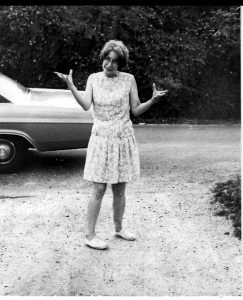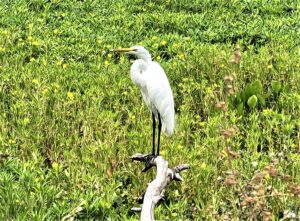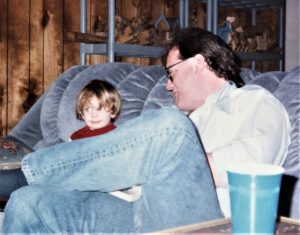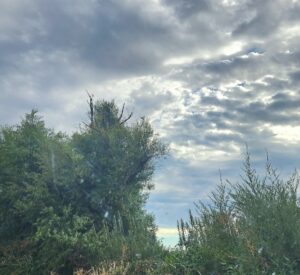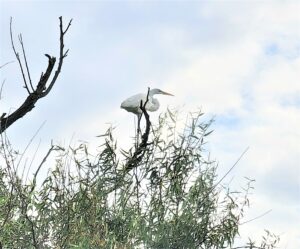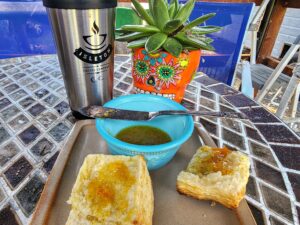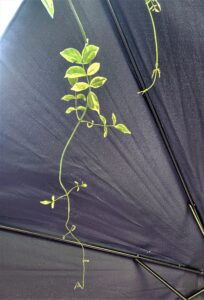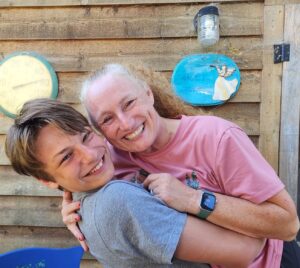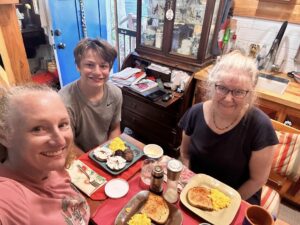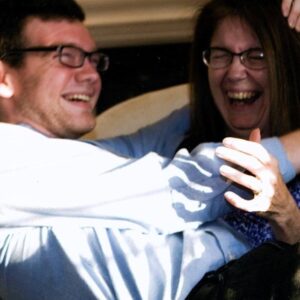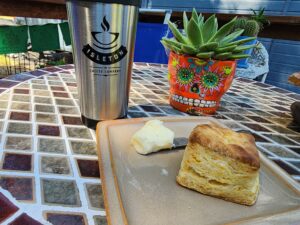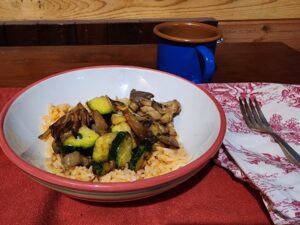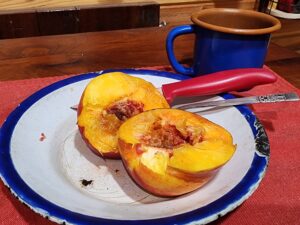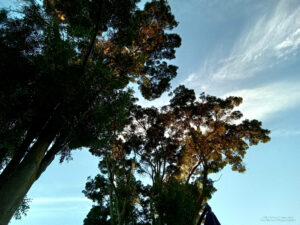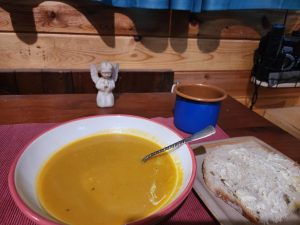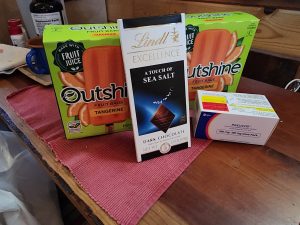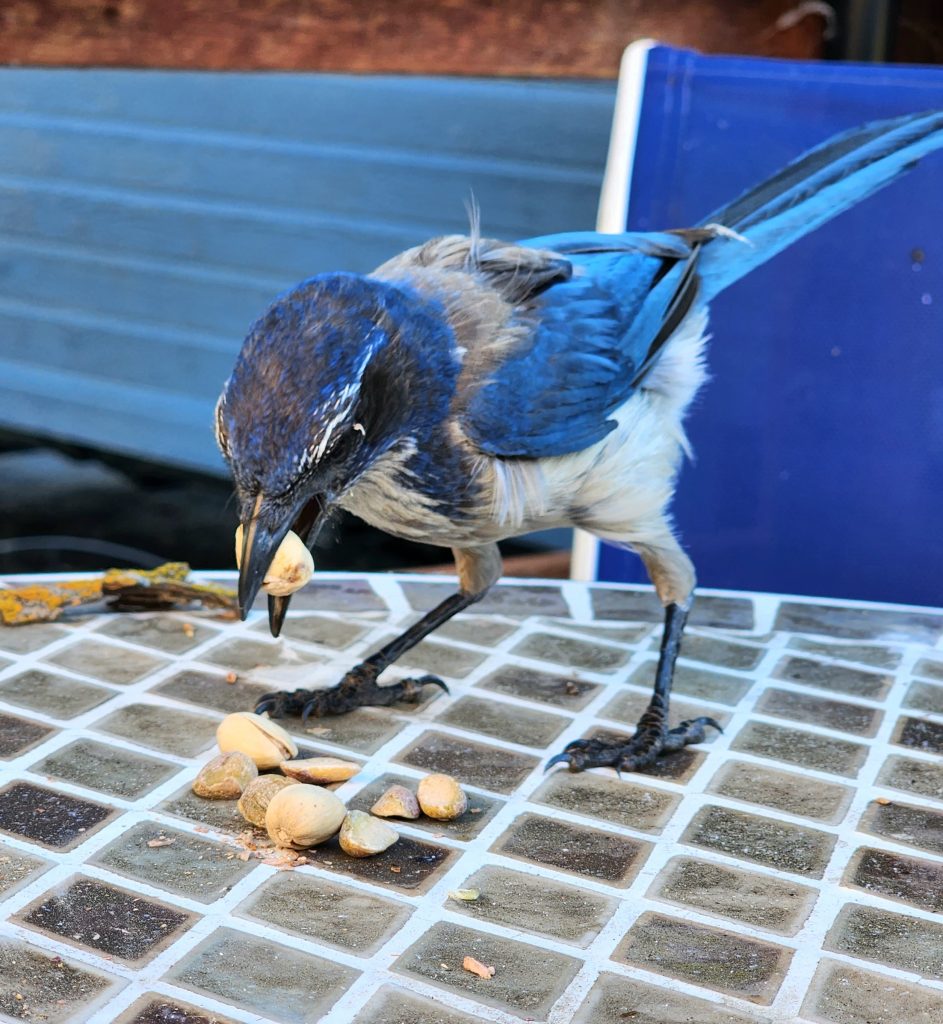My birthday looms. I turn 68 this year, against all odds. Of course, the doctors all got it wrong.
Since age two, I’ve been given a myriad of diagnoses and prognoses. From bacterial to congenital to viral to we-don’t-know, the labels bombarded me. My mother called my condition a “walking problem”. I laughingly acknowledge that whatever it is, I had it before the term “disability” became the politically correct label for those of us with ambulatory challenges.
Every disease that some doctor thought explained the pain, spasticity, and proprioceptor disruption has been ruled out through labwork or biopsy. It ain’t this, it ain’t that, it ain’t the other. When doctors at Stanford retreat behind a presumptive diagnosis, you know a certain one cannot be had. Long story short, we can’t fix it so what difference does it make what it’s called or what caused it?
I could tell them the difference it makes. Did I pass it to my son? Will it progress and cause a horrible ending? Can I cough and spread it? As far as I know, the answers are no, no, and no. So I keep moving forward, a human Energizer bunny whom sleep does not refresh and for whom speed-walkers never linger. See me plodding down the boardwalk; watch me climb a small hill; observe as I awkwardly dangle out my car window trying to photograph the scenic Delta; listen to the voice of the ocean in my clumsily filmed home-spun videos.
Sweet September dawned in a cool haze of smoke drifting from a distant wildfire, maybe in Canada, possibly in Oregon. I feel it in my lungs (atypical asthma) and in my pale blue eyes. But I don’t mind. I recently met someone with only one lung training for a marathon. I hate to say it, but on the continuum of difficult situations, I’m closer to the easy end despite my occasional lapse into a self-pity party.
You’ve heard this before now, but it bears repeating. When my son started kindergarten, I found myself struggling with some very odd health issues that I still don’t think anyone understood. As we trudged up the stairs of his elementary school, he asked me, quite seriously, if I would die before he got big. I looked down at him and said, “No, Buddy, I’m going to live to be 103 and nag you every day of your life!” He paused on the penultimate step and contemplated that avowal. Finally, he replied, in a serious voice, “Okay, then I’m going to ANNOY you every day of YOUR life!” And onward we went.
I’ve got 35 years left to keep my commitment to my son. I have failed him in many ways; I intend to keep this promise. Feel free to stick around and watch me.
It’s the first day of the one-hundred and seventeenth month of My Year Without Complaining. Life continues.
If you or anyone you know needs help breaking out of family violence, please call the National Domestic Violence hotline at 800-799-7233; Rose Brooks Center at 816-754-6876; Safe Home at 913-262-2868.
If you or someone you love is experiencing thoughts of self-harm, please call:
Suicide and Crisis Hotline at 988
There is always a way. You are not alone.

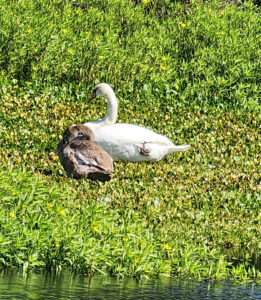 A few years ago, I took a handful of fabulous photographs of swans in the slough adjacent to the levee road on which I live. I posted them on Instagram, somewhere that I rarely browse and almost never post. They had no watermark; no embedded copyright notice; and no meta data from which I could claim them.
A few years ago, I took a handful of fabulous photographs of swans in the slough adjacent to the levee road on which I live. I posted them on Instagram, somewhere that I rarely browse and almost never post. They had no watermark; no embedded copyright notice; and no meta data from which I could claim them.
